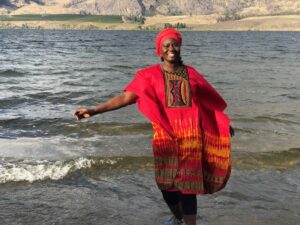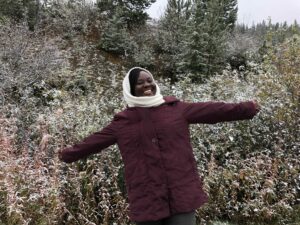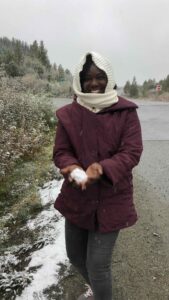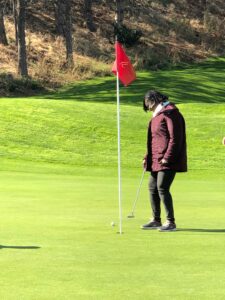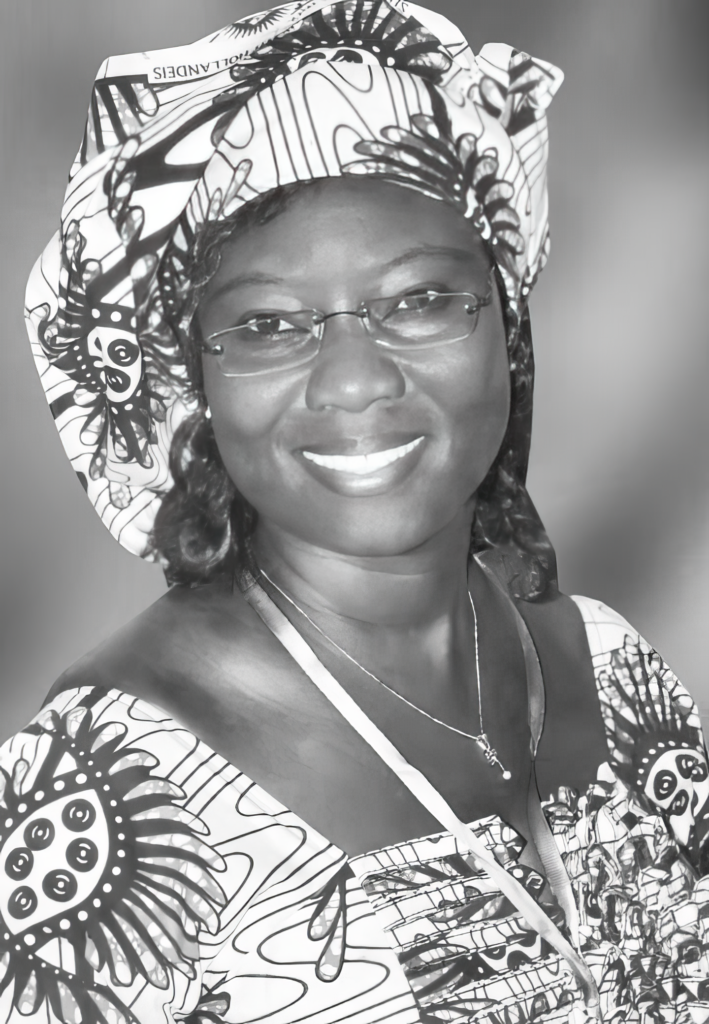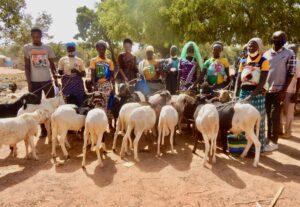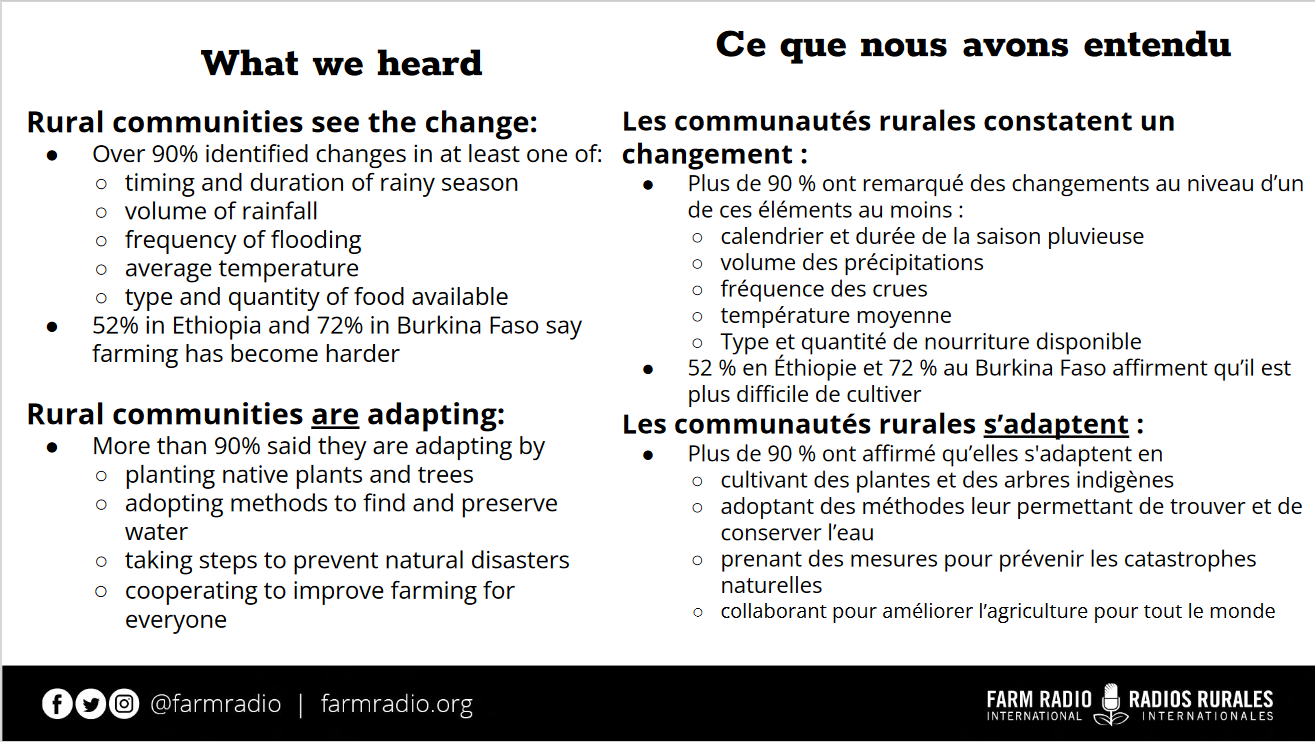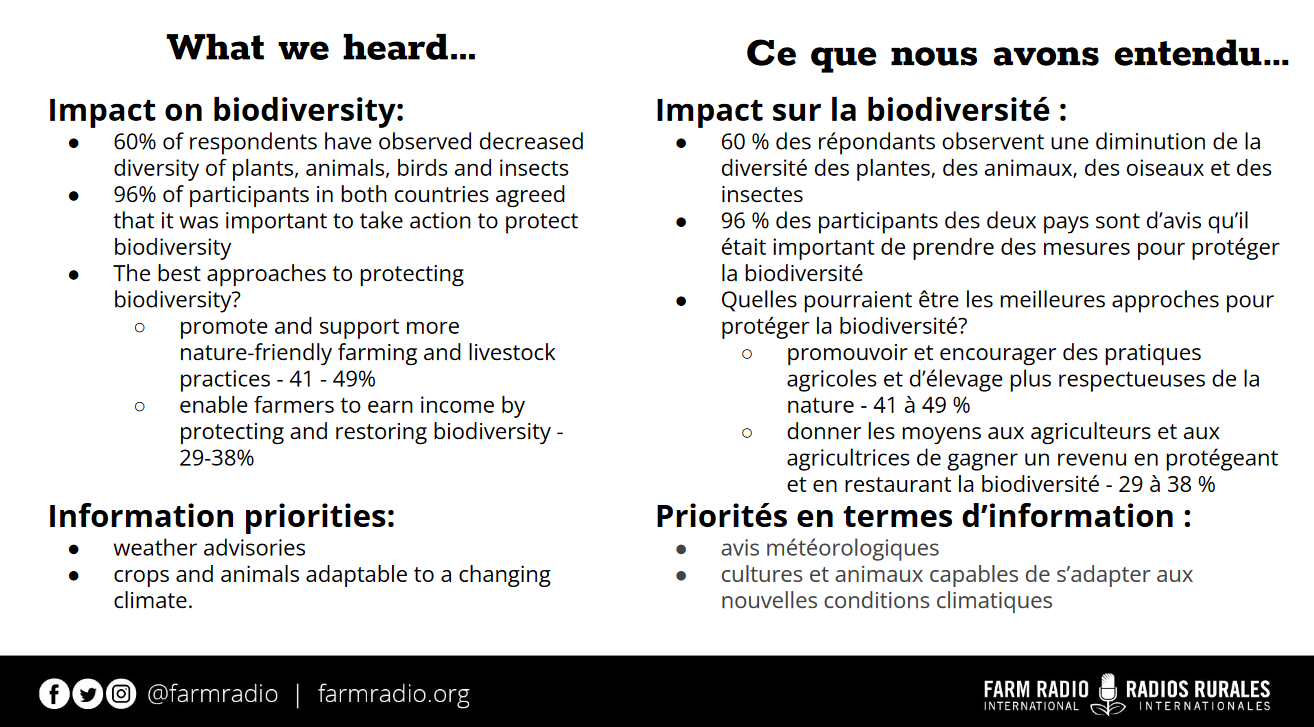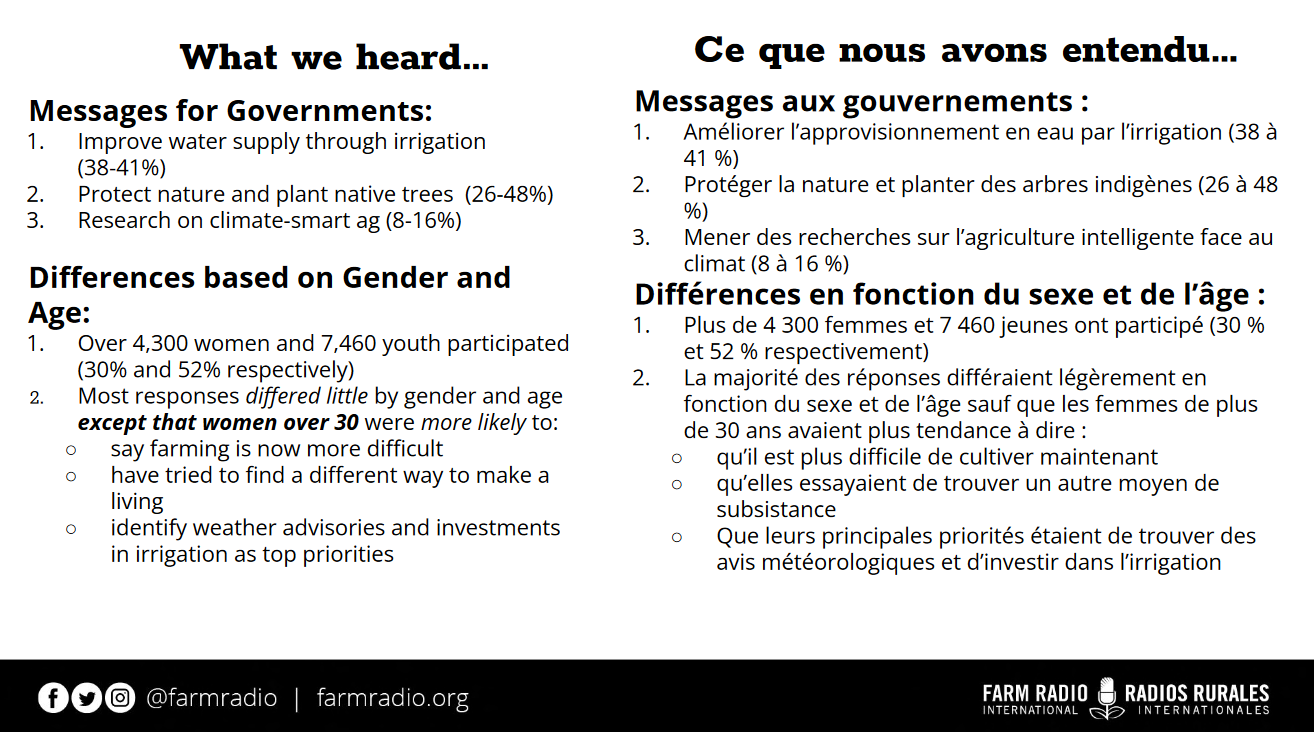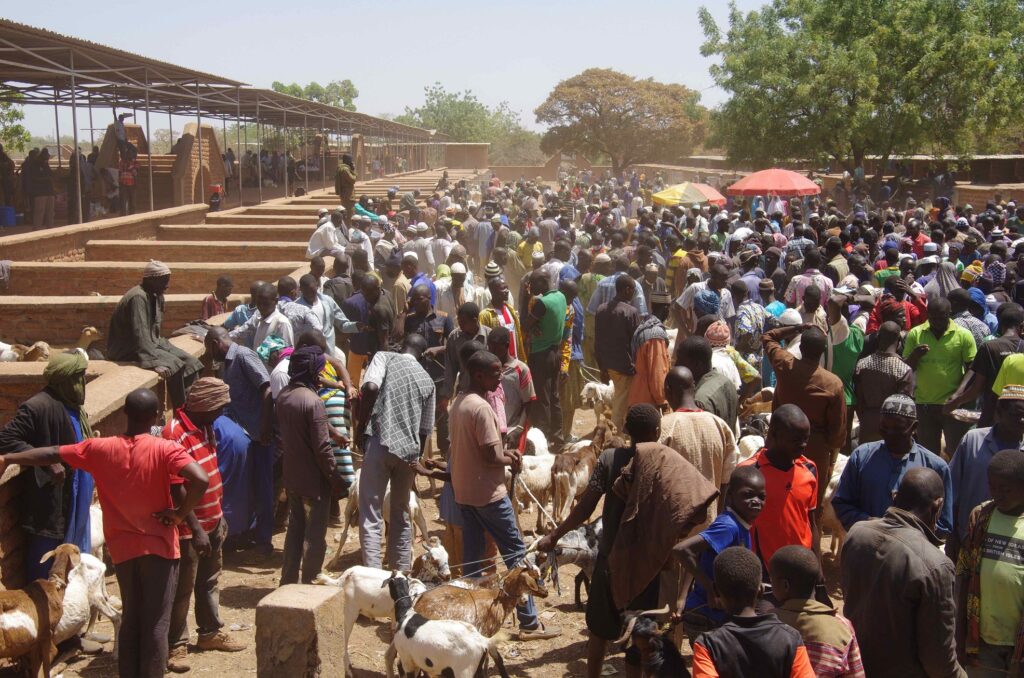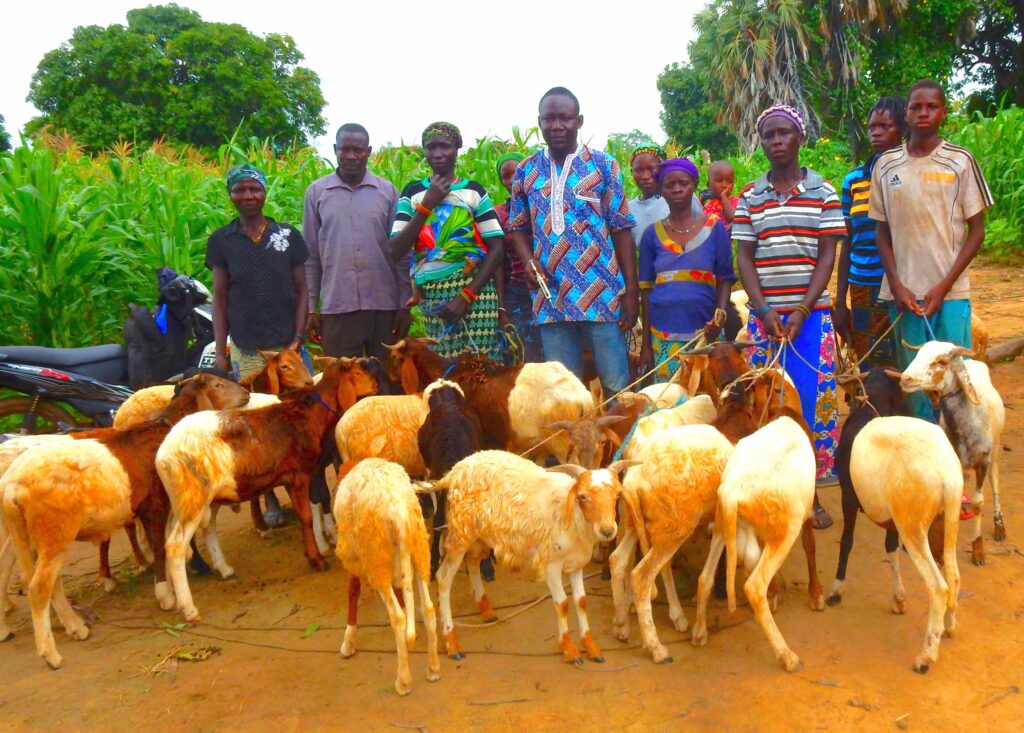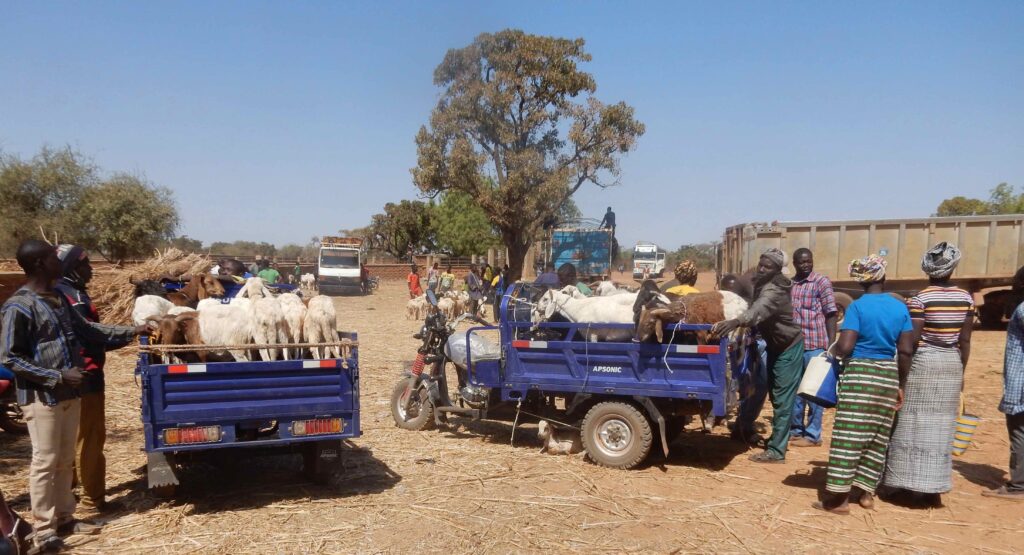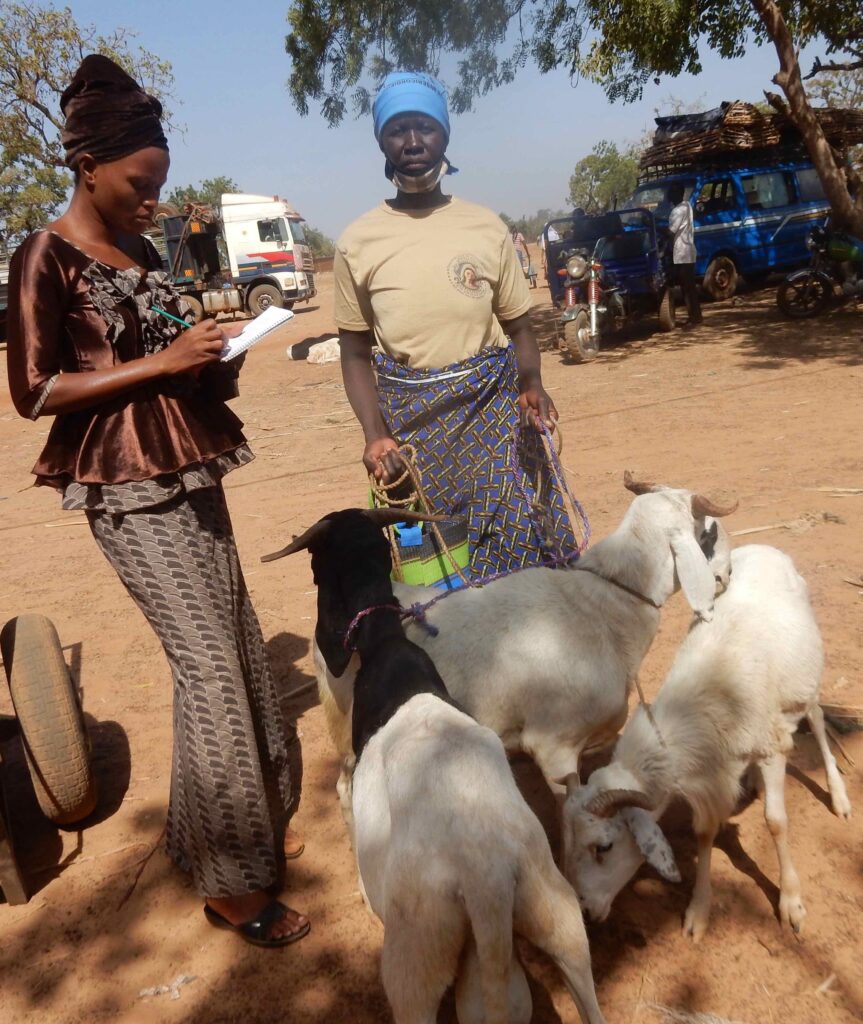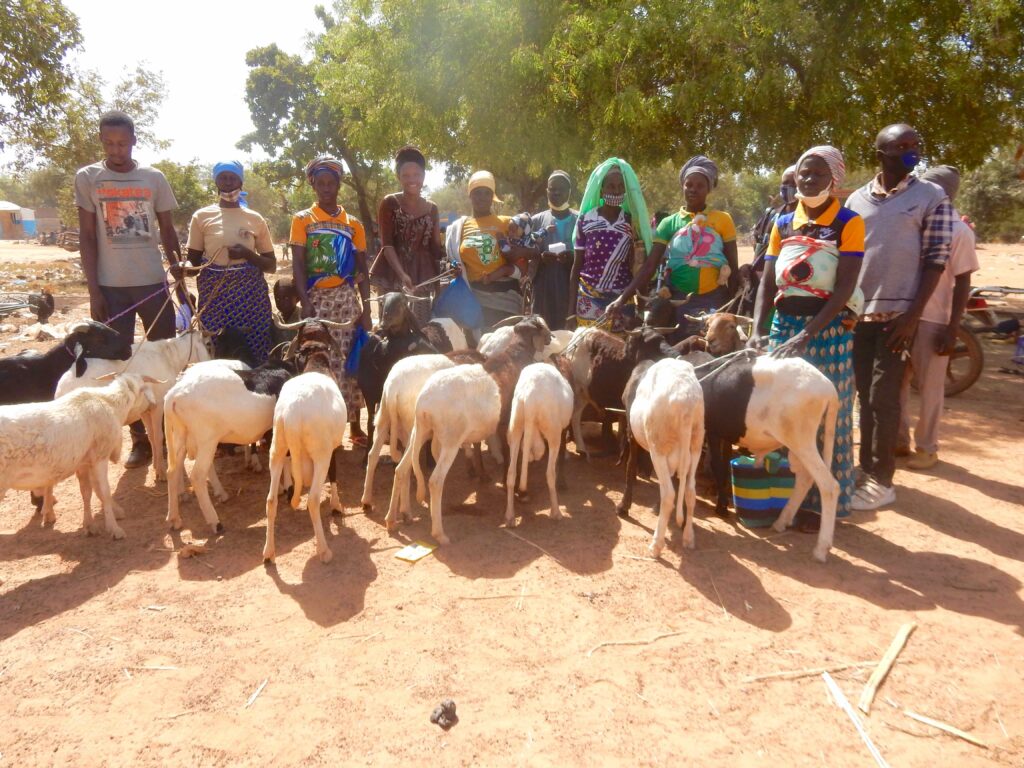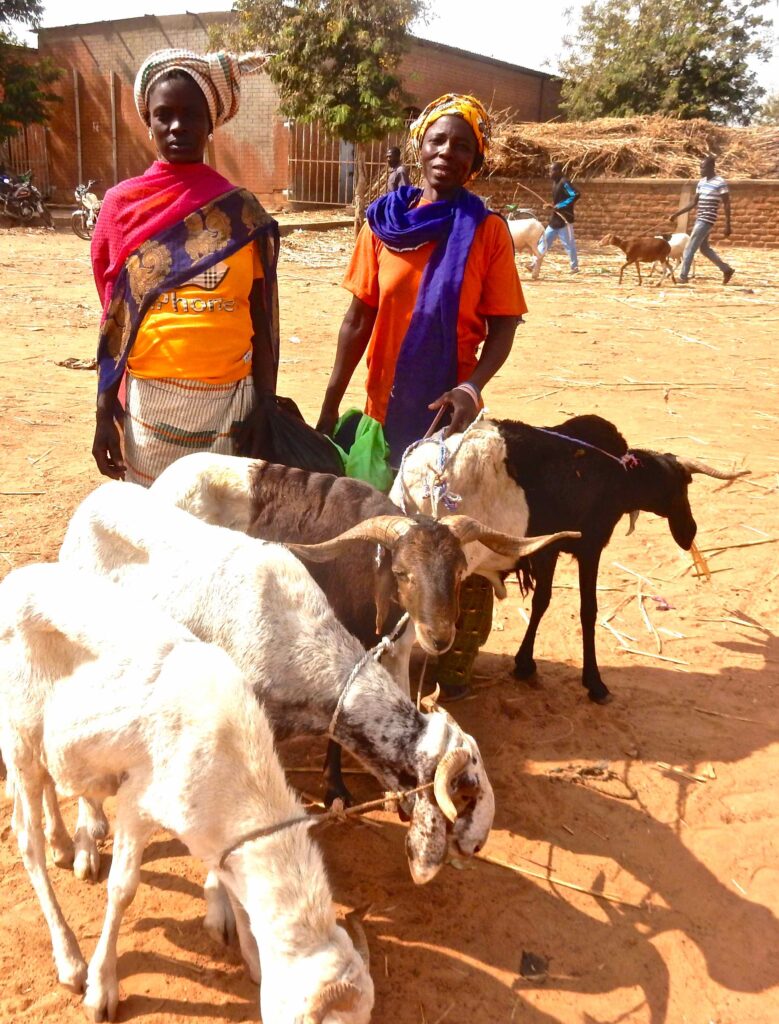As we have learned over the past few years, one of the strengths of APDC staff is their ability to adapt to a new situation and to provide meaningful support to those in need. (APDC is World Neighbours Canada’s partner organization in Burkina Faso). With most people in its rural program area having been displaced to the town of Fada by terrorist activities, APDC has had to find ways for newly displaced people to earn income while in an urban setting. Staff have been honest in their reporting; sharing both successes and challenges. Women who were trained in soap-making discovered that the soap produced was not as much in demand as they had hoped, because larger bars of soap are imported from the Ivory Coast and available at a better price. On the other hand, some of the women who developed a peanut marketing enterprise learned that the peanut products they manufactured were in high demand.
Rébéka Tankoano, the APDC Fada coordinator, recently visited a few of the women beneficiaries and spoke with them about their enterprise and the impact it’s had on their lives. Several of the women’s comments are included here:
Namounou Yonli: preparation of local dishes
“My business is doing well, and it’s helped me a lot to manage certain family expenses, such as the purchase of condiments, water and some of my children’s medical care. I’m going to start drying the leaves to store them for the next dry season, which will enable me to make more profit as leaves are currently very cheap. I would like to thank APDC for training and equipping me.”
Alima Onadja : preparation and marketing of groundnuts (peanuts)
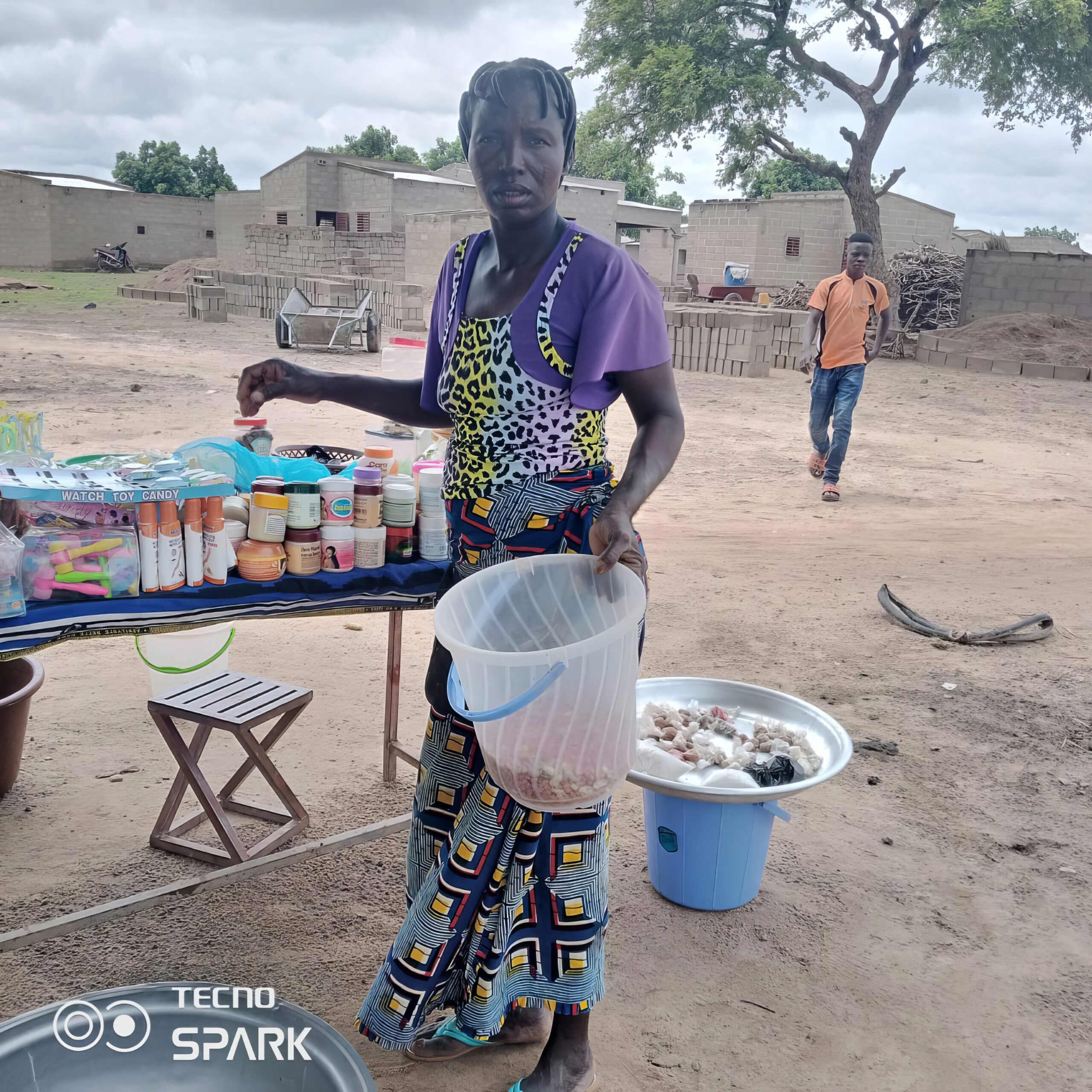
“I transform peanuts into different products such as peanut paste, biscuits and peanut oil. Everything sells well and I can’t even satisfy my customers, my products aren’t enough for all the customers because I sell for several wholesalers, I give discounts and small gifts to customers and a lot of people are interested in my products. The work is a bit tiring and I can’t make enough, so I’m planning to look for an employee to help me and I’m going to pay her for her work; and as there are a lot of unemployed women and young girls, I think the person who helps me in my work will also be happy. Thanks to the profits I’ve made, I’ve been able to open a small workshop selling other products such as cosmetics (ointments, soaps, threads, etc.) and various products for children (toys, sweets, biscuits, etc.). I don’t know how to describe to you the very positive impact that APDC’s help has had on my life and that of my family. I would like to say a huge thank you to APDC for its support, it has saved us a lot from poverty.”
Agnès Yonli : preparation and marketing of soap
“Kabakourou soap (soap in a ball) used to sell well in the beginning, but the importation of Ivory Coast soap by local traders has spoilt the market. This soap is bigger than ours, so many people are no longer interested in our soap. Raw materials are expensive here, which prevents us from increasing the volume of our soaps, and if we make them as big as the Ivory Coast soap, we can’t make a profit, so it’s a bit complicated for us. Personally, I’m going to continue selling liquid soap, but only for the time being, as liquid soap is bought a little more cheaply here.”
Lissoaba Onadja : manufacture and marketing of soumbala ( a popular African condiment )
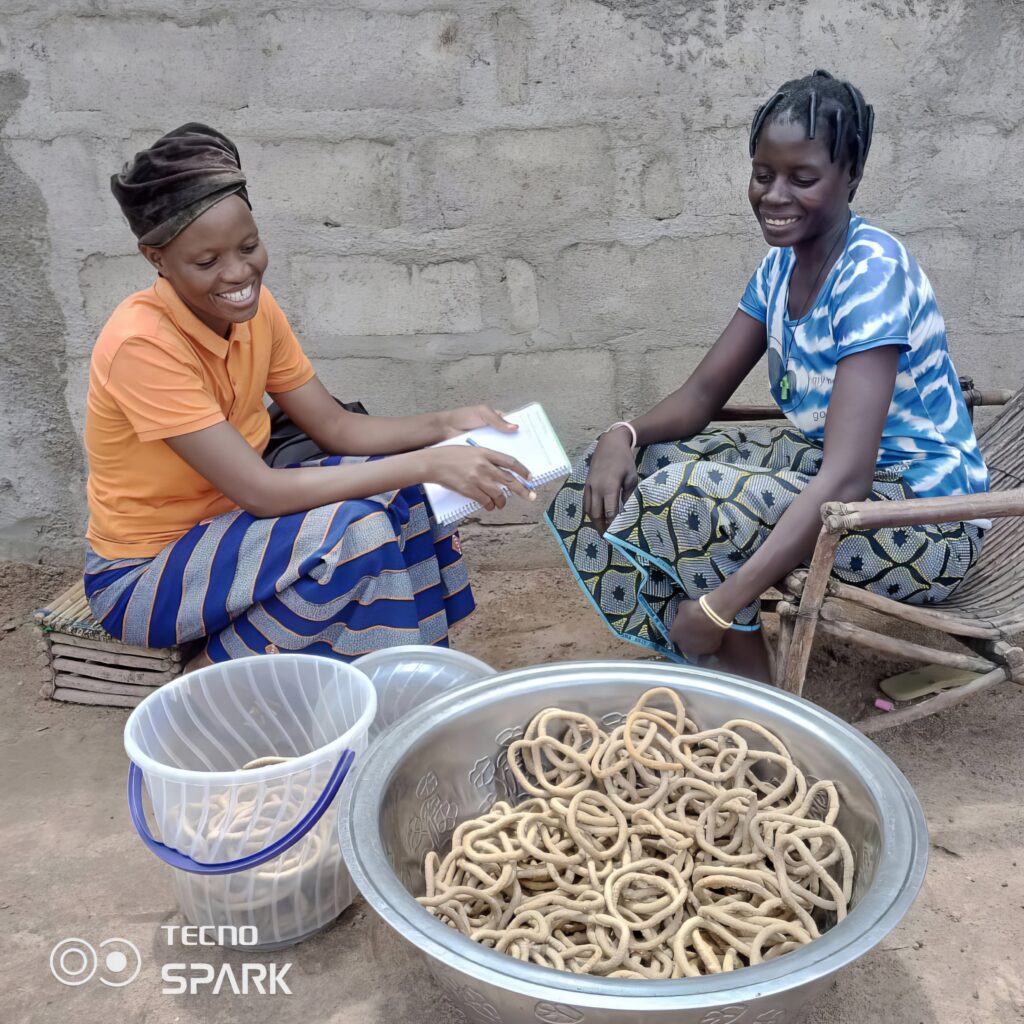
“My soumbala business is doing well. I really enjoy this activity. I earn profits that enable me to support my daughter-in-law with the purchase of water, condiments, wood and often food. My only major problem is that I can’t find wholesale customers because I don’t know the town of Fada very well, so I only sell in the small markets at our host sites. Many thanks to APDC and its employees who have helped us and who encourage us to succeed.”
APDC have let us know that they will continue to visit these new entrepreneurs and provide support as needed over the coming months. As with any new venture, modifications will be made as the learning is solidified and experience gained.
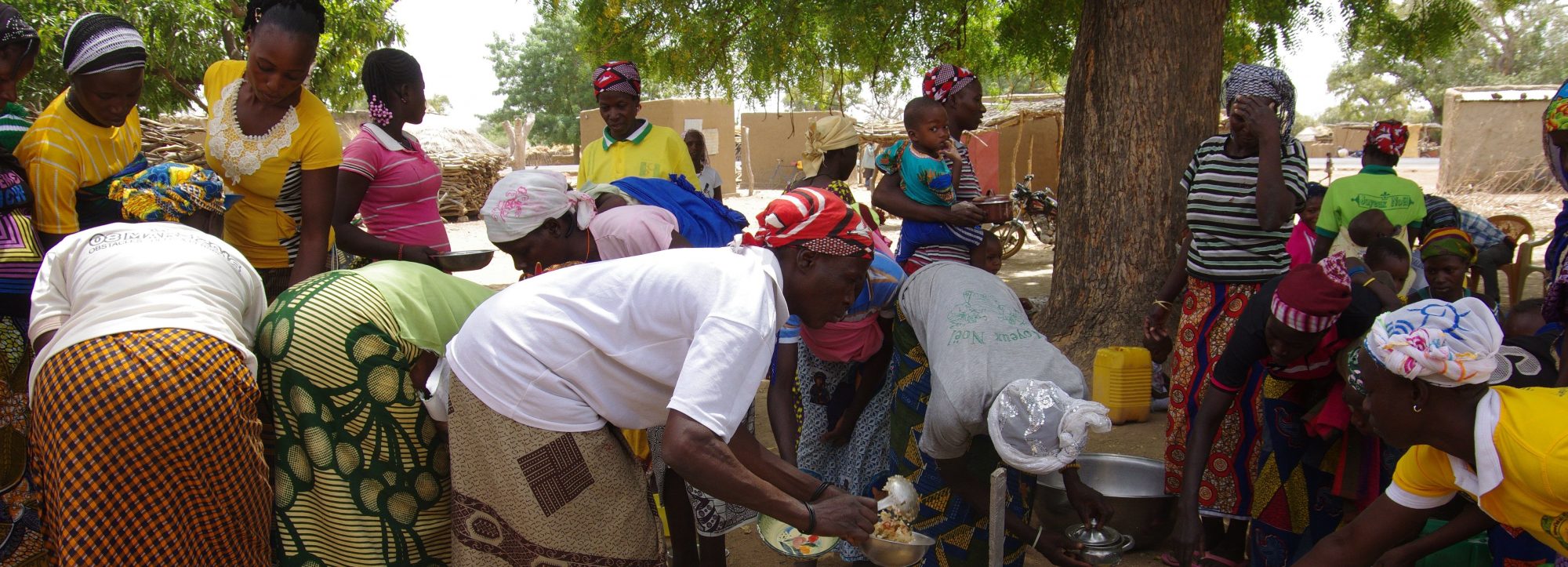
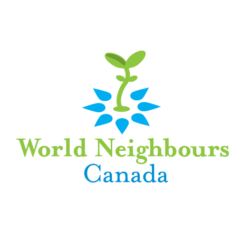
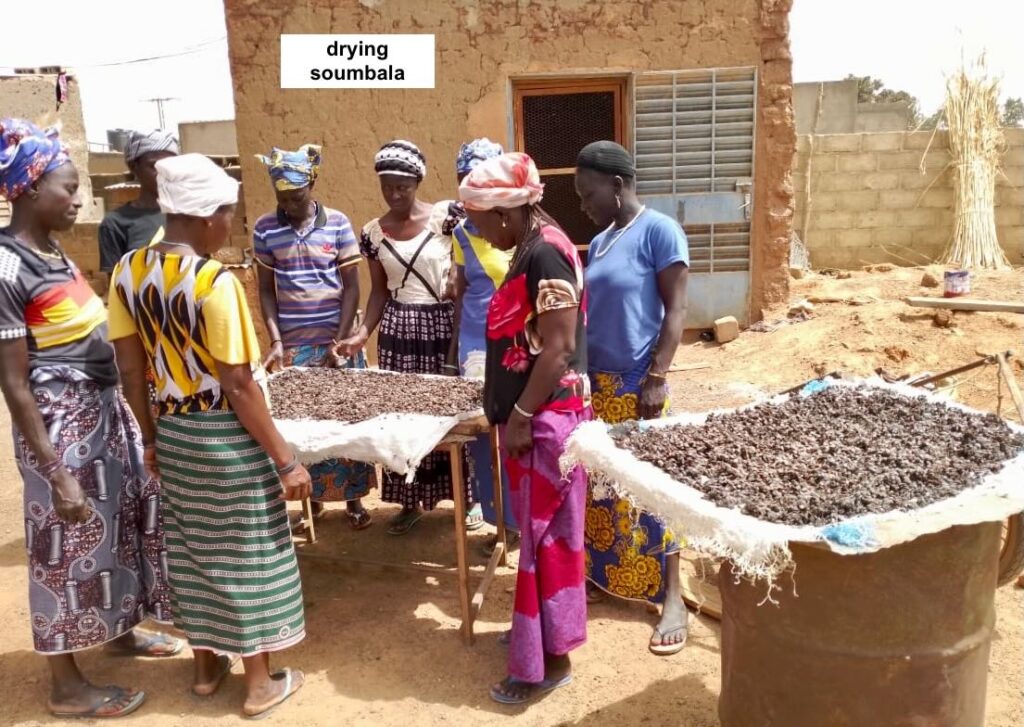
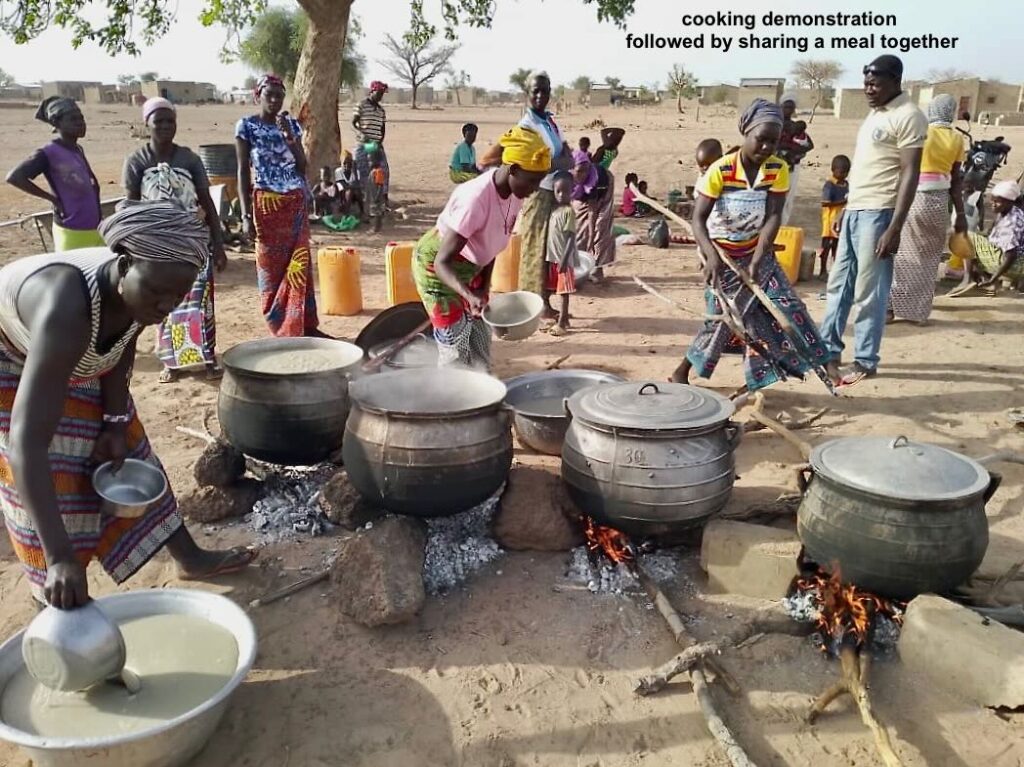
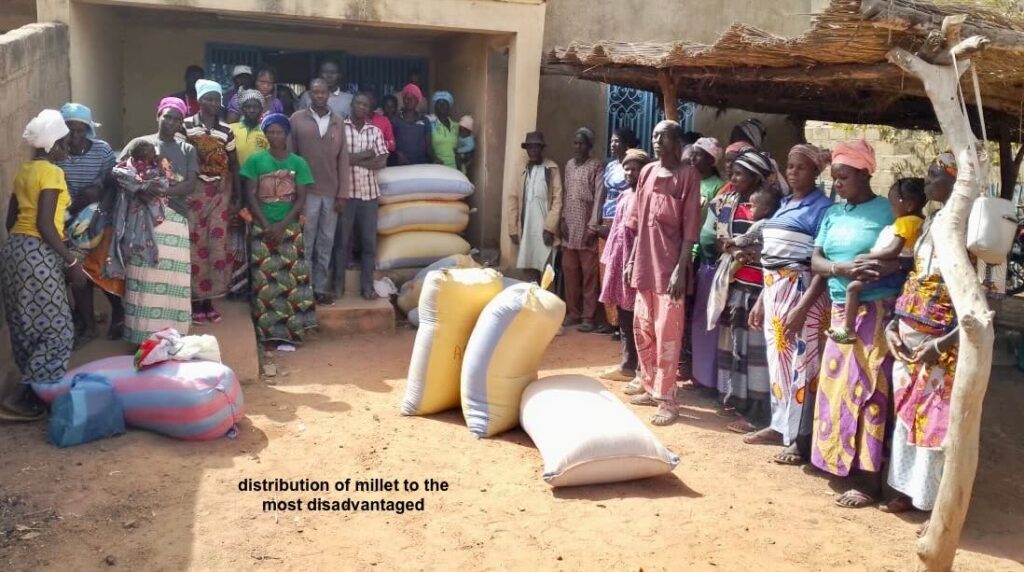
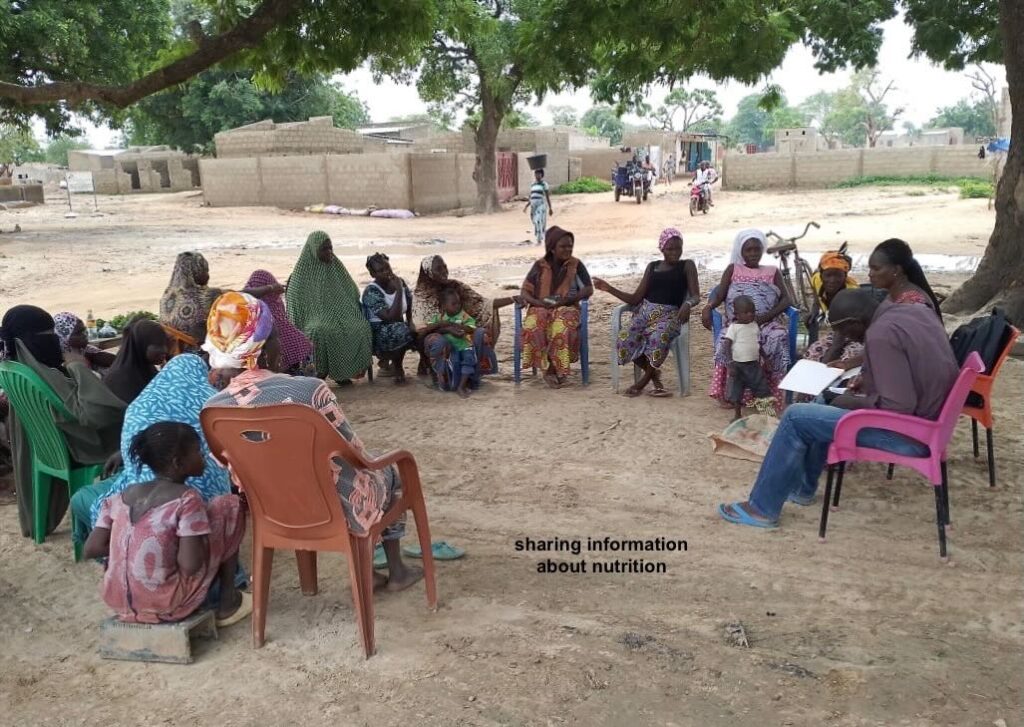
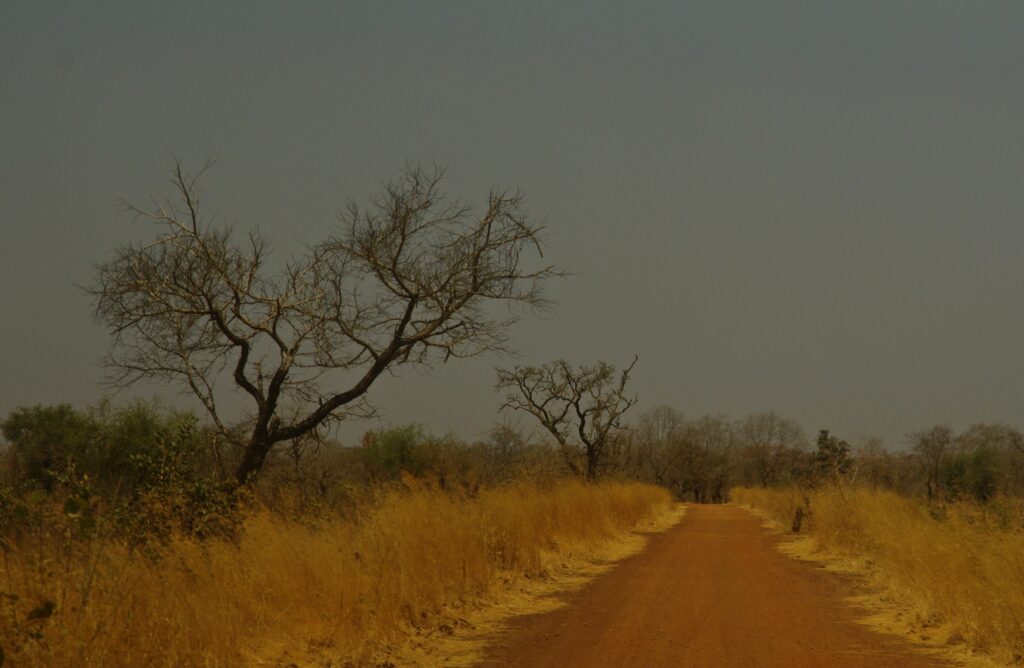 By Bruce Petch, Volunteer Executive Director, World Neighbours Canada
By Bruce Petch, Volunteer Executive Director, World Neighbours Canada WNC recently welcomed to B.C.: Lydia Tapsoba, a Gender Consultant from Burkino Faso . Lydia has worked extensively with our local burkinabe partner, APDC.
WNC recently welcomed to B.C.: Lydia Tapsoba, a Gender Consultant from Burkino Faso . Lydia has worked extensively with our local burkinabe partner, APDC.